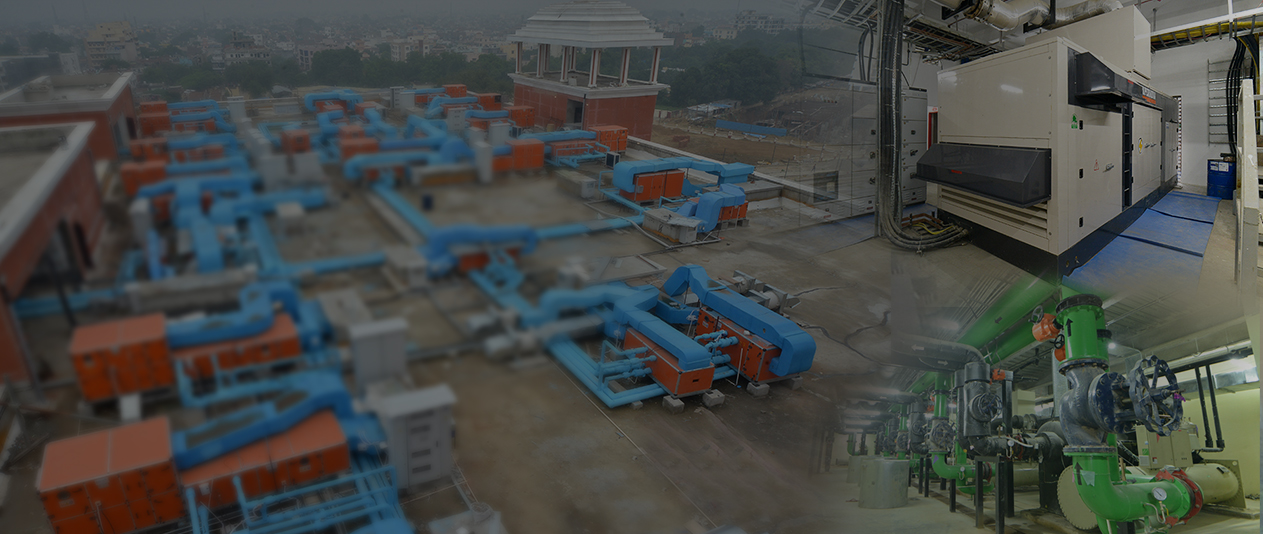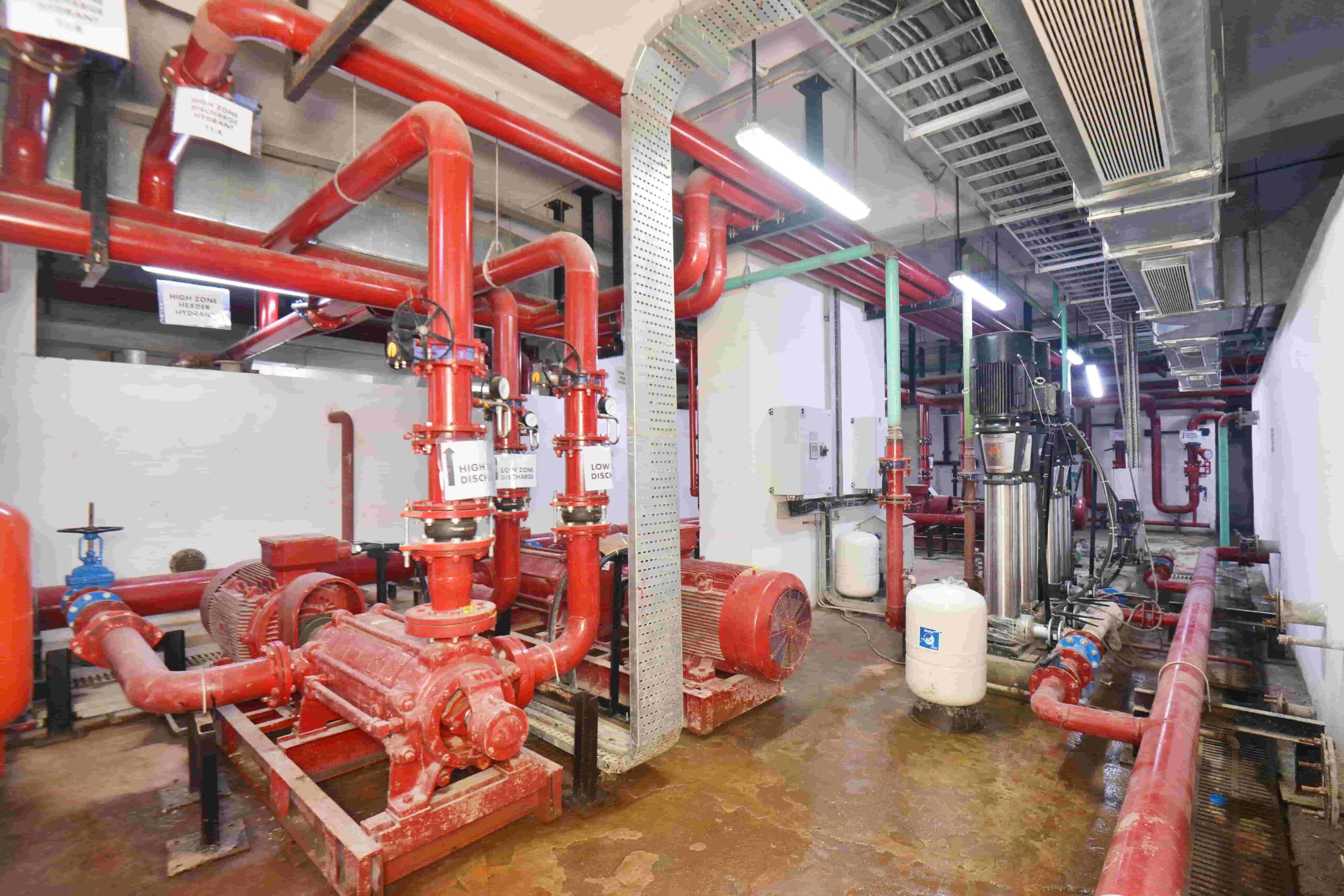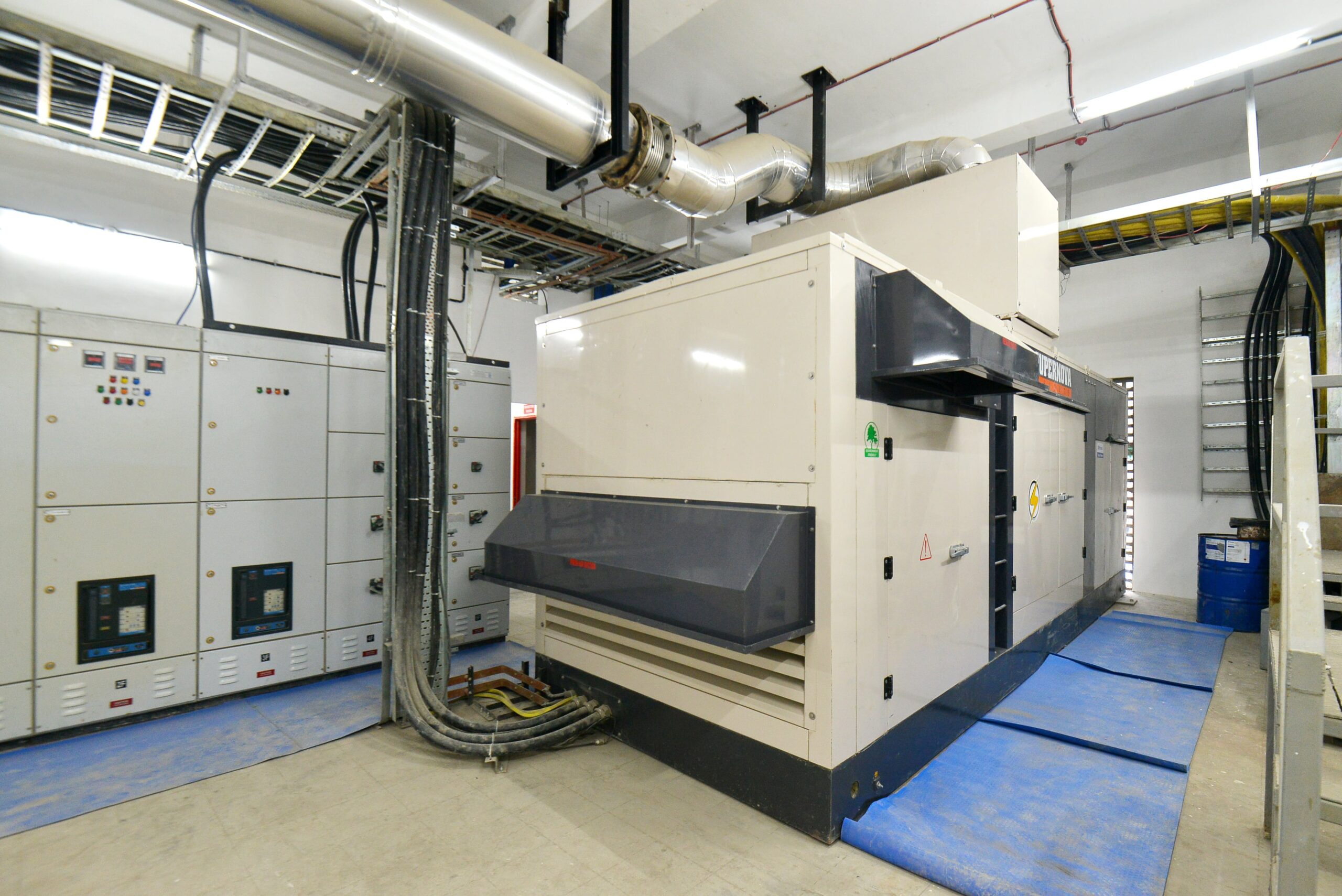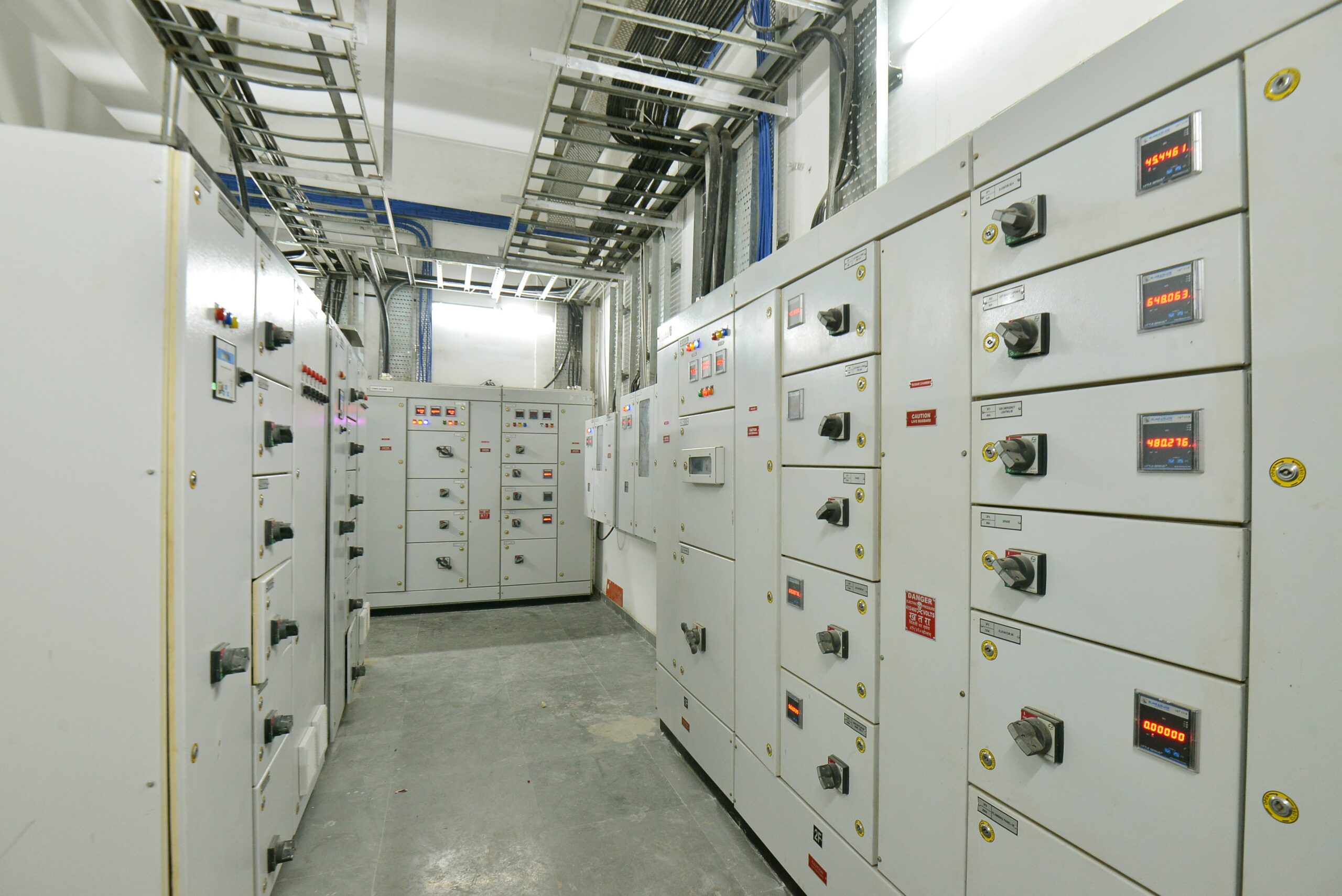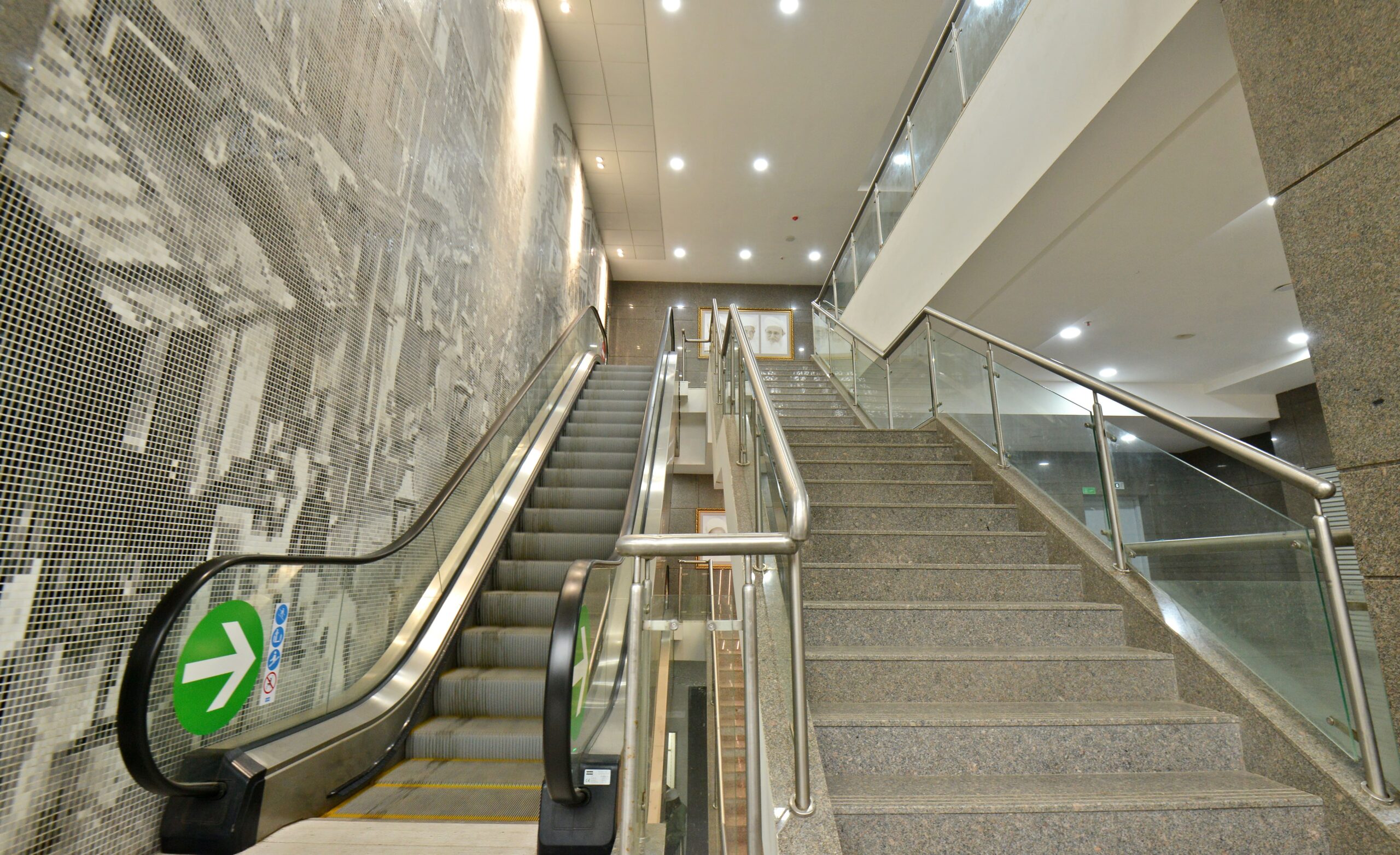Overview
The Mechanical, Electrical, and Plumbing (MEP) department is a crucial component of a construction company, responsible for the design, implementation, and management of mechanical, electrical, and plumbing systems within building projects. This department ensures that all MEP systems are integrated seamlessly, function efficiently, and comply with relevant standards and regulations. The MEP department also encompasses procurement functions, ensuring that materials and equipment are sourced efficiently and cost-effectively.
Core Responsibilities
- HVAC Systems: Design and install heating, ventilation, and air conditioning (HVAC) systems to ensure optimal indoor air quality and thermal comfort.
- Fire Protection Systems: Develop and implement fire suppression and detection systems, ensuring the safety of the building’s occupants.
- Plumbing Systems: Design and install plumbing systems, including water supply, drainage, and waste management, ensuring efficient and reliable water flow.
- Power Distribution: Design and install electrical power distribution systems, ensuring reliable and safe power supply to all parts of the building.
- Lighting Systems: Develop efficient lighting solutions that meet both functional and aesthetic requirements.
- Low Voltage Systems: Integrate low voltage systems such as security, communication, and data systems, ensuring seamless connectivity and safety
- Material Sourcing: Identify and source high-quality materials and equipment required for MEP systems, ensuring timely delivery and cost efficiency.
- Vendor Management: Establish and maintain relationships with suppliers and vendors to ensure a reliable supply chain.
- Cost Management: Manage budgets and control costs associated with the procurement of MEP materials and services, ensuring financial efficiency without compromising on quality.
- Coordination and Integration: Coordinate with other departments and stakeholders to ensure MEP systems are integrated seamlessly into the overall construction project.
- Quality Control: Implement quality control measures to ensure that all MEP installations meet design specifications and regulatory standards.
- Commissioning and Testing: Oversee the commissioning and testing of MEP systems to ensure they function correctly and efficiently before the project is handed over
Goals and Objectives
Conclusion
The MEP department is a vital part of a construction company, focusing on the mechanical, electrical, and plumbing systems that are essential for the functionality and comfort of modern buildings. By overseeing the design, implementation, and procurement of MEP systems, this department ensures that construction projects are completed efficiently, safely, and sustainably. Through meticulous planning, coordination, and quality control, the MEP department contributes significantly to the successful delivery of construction projects, meeting the needs of clients and occupants alike.
